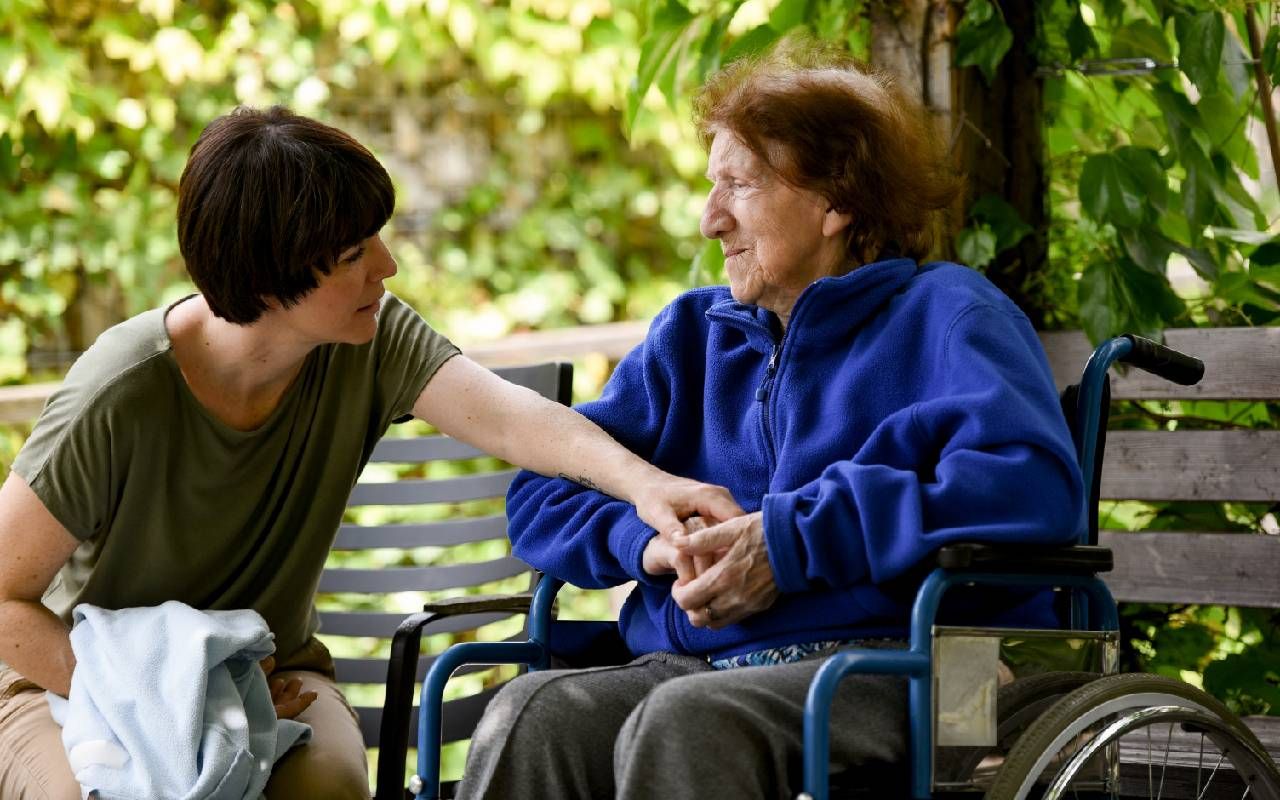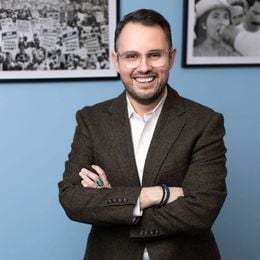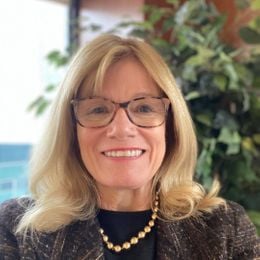A Year of Progress: Recognizing America's Family Caregivers
While the fight for a comprehensive caregiving infrastructure continues, the past year has been marked by significant progress
One year ago, President Biden signed a landmark executive order: "Increasing Access to High-Quality Care and Supporting Caregivers." This wasn't just a piece of paper; it was a catalyst for driving long-overdue action in support of our nation's 53 million unpaid family caregivers — the backbone of our long-term care system and essential members of health care teams.

As the leaders of the National Alliance for Caregiving and The John A. Hartford Foundation, we've witnessed firsthand the transformative power of federal leadership in uplifting the needs of family caregivers. While the fight for a comprehensive caregiving infrastructure continues, the past year has been marked by significant progress. We've seen a growing recognition of the immense contributions family caregivers make, not just through White House Ceremonies, but through concrete federal action.
This progress couldn't be more timely. Family caregivers face an impossible juggling act — balancing work, family and the complex needs of their loved ones, often with little training or support. This constant pressure leads to a triple threat: financial strain, social isolation and alarming rates of burnout. The numbers speak for themselves: 19 million family caregivers report emotional distress, and 12 million say caregiving has negatively impacted their health.
Medicare Is Taking Action
The policy changes spurred by President Biden's Executive Order and the groundbreaking National Strategy to Support Family Caregivers are critical steps toward addressing these pain points. We're particularly heartened by efforts to strengthen Medicare's support for family caregivers — a key component of the National Strategy's goal of better integrating them into care teams.
For far too long, Medicare has overlooked the hardships faced by those caring for sick, aging or disabled beneficiaries. But this is changing.
For far too long, Medicare has overlooked the hardships faced by those caring for sick, aging or disabled beneficiaries. But this is changing.
Starting this year, Medicare will reimburse health providers for training family caregivers who support patients navigating complex conditions like dementia and cancer. This is a game-changer. Currently, only 29% of caregivers report having even discussed their caregiving role with a health care provider, despite over half assisting with medical tasks. These new reimbursement pathways will incentivize health care professionals to identify and support family caregivers within their practices. Doing so can reduce unnecessary hospitalizations and nursing home admissions.
Furthermore, Medicare is taking action to ensure family caregivers have access to beneficiary information during hospital discharge planning. This equips them to better support their loved ones after returning home.
For the millions of Americans providing dementia care, there's another major development. The Centers for Medicare & Medicaid Services (CMS) announced its Guiding an Improved Dementia Experience (GUIDE) Model. This program aims to reduce caregiver strain and help people with dementia remain at home longer by providing enhanced care coordination, caregiver education and support, and much-needed respite services.
Further Action Is Needed
This progress is a significant step forward, but the journey continues. To fully realize the vision outlined in the National Strategy and the President's Executive Order, further action is needed:
- Outreach and Education: New reimbursement pathways for Caregiver Training Services require robust provider outreach and education to ensure their effective use.
- Data Integration: Family caregiver experiences should be integrated into data collection efforts related to quality, patient satisfaction and outcomes. This data will be vital for measuring program effectiveness and informing future improvements.
- Caregiver Identification and Assessment: Family caregivers must be included in the development of beneficiaries' care plans, be formally integrated into medical records, and regularly assessed for their own health and social support needs.
High rates of caregiver distress and burnout threaten not only the well-being of patients but also the sustainability of our entire health care system. By recognizing caregivers' vital role and empowering health systems to better support them, Medicare can play a pivotal role in improving patient outcomes and creating a healthier future for millions of Americans navigating care.
Now is the time to build on the momentum of the past year. By working together, we can help Medicare fulfill its mission and ensure that our nation's family caregivers — the unsung heroes of our health care system — receive the support they deserve.



